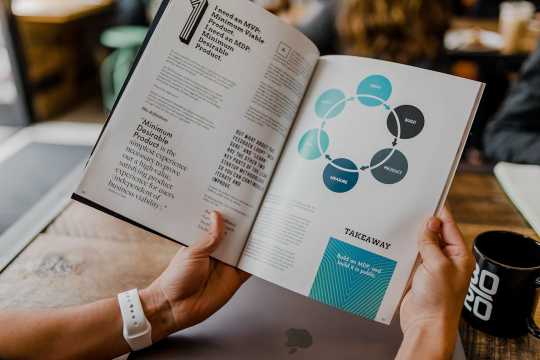The Impact of Technology on Sleep Patterns
In today’s society, technology plays a significant role in our daily lives. From smartphones to laptops, we are constantly bombarded with screens and information. While technology has undoubtedly improved our lives in many ways, it has also had a negative impact on our sleep patterns. The blue light emitted from screens can disrupt our circadian rhythms and make it harder for us to fall asleep. This, in turn, can lead to a host of health problems, including fatigue, irritability, and decreased cognitive function.
One of the most significant ways that technology has affected our sleep patterns is through the proliferation of smartphones and other electronic devices. Many of us are guilty of scrolling through our phones right before bed, checking social media or watching videos. However, the blue light emitted by these devices can trick our brains into thinking it’s daytime, making it harder for us to fall asleep. This can lead to a condition known as “tech insomnia,” where people struggle to fall asleep due to excessive screen time.
Another way that technology has impacted our sleep patterns is through the use of streaming services. With platforms like Netflix and Hulu, it’s easier than ever to binge-watch our favorite shows late into the night. This can disrupt our sleep schedules and make it harder for us to get the recommended seven to eight hours of sleep each night. Additionally, the content we consume on these platforms can be stimulating and make it harder for us to wind down before bed.
Technology has also made it easier for us to work from home, blurring the lines between our work and personal lives. While this can be convenient, it can also lead to increased stress and anxiety, which can disrupt our sleep patterns. Many people find themselves checking work emails late into the night, unable to switch off and relax before bed.
As technology continues to advance, it’s essential that we take steps to mitigate its impact on our sleep patterns. One way to do this is to set boundaries around our device usage. Try to avoid screens at least an hour before bed, and consider using blue light-blocking glasses or filters on your devices. Additionally, create a relaxing bedtime routine that doesn’t involve screens, such as reading a book or taking a warm bath.
In conclusion, the impact of technology on our sleep patterns is significant and cannot be ignored. By being mindful of our device usage and implementing healthy sleep habits, we can improve our sleep quality and overall well-being. provider certification for medical card can be helpful in accessing resources and support for improving sleep health. Let’s prioritize our sleep and take control of our technology use for a better night’s rest.

